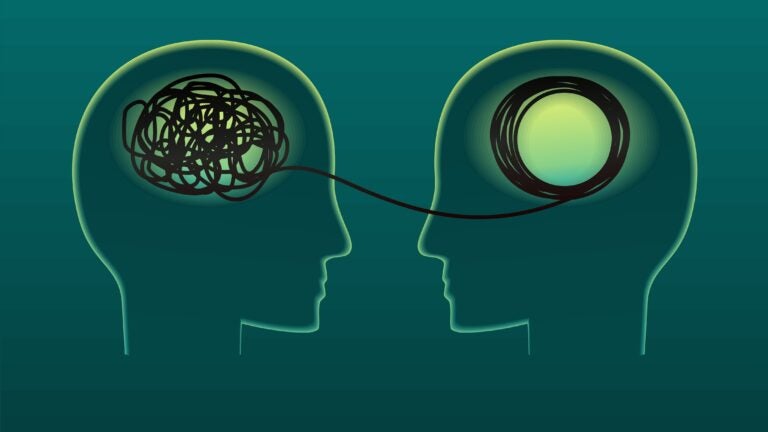Themes and Concentrations
The core social psychology faculty members at USC conduct research on five broad topics:
-
Research on social cognition strives to understand the cognitive processes that underlie social behavior. This work includes specific topics such as impression formation and empathy (Leor Hackel), causal reasoning, person perception, and attribution (Steve Read, Norbert Schwarz, Daphna Oyserman), the role of social circle perceptions in voting and health behavior (Wändi Bruine de Bruin), cognitive dissonance and attitude change (Steve Read, Norbert Schwarz), social categorization and stereotyping (Daphna Oyserman, Steve Read, Norbert Schwarz), the role of feelings and bodily sensations in social judgment (Norbert Schwarz, Daphna Oyserman), effects of culture in reasoning (Daphna Oyserman), culture and identity as situated cognition (Daphna Oyserman), and individual differences in sociocognitive abilities/tendencies and social connection (Elisa Baek).
-
Motivation and emotional processes play an important role in social behavior. Research on motivation and emotion conducted by social psychologists at USC includes work on self-regulation (John Monterosso, Daphna Oyserman), motivational structures of ideological and moral convictions (Steve Read), group memberships such as gender as a basis for identity and motivation (Daphna Oyserman), and developing computational models of social behavior, personality, motivation and affective processes (Leor Hackel, Morteza Dehghani, Steve Read, Lynn Miller).
-
People’s decisions about social, health-related, environmental, and economic issues occur in a social context. Social psychology provides important insights into how people make judgments and decisions about risks and opportunities, and how interventions may inform their judgments and decisions. Members of the area study such topics asthe interplay of feeling and thinking in judgment and decision making (Norbert Schwarz, Wändi Bruine de Bruin, Joe Árvai), prosocial decisions and reinforcement learning in social interaction (Leor Hackel), individual differences in decision-making competence (Wändi Bruine de Bruin, Joe Árvai), how people form their perceptions of risk, and how those risk perceptions and social context inform their decisions (Joe Árvai, Wändi Bruine de Bruin), social drivers of decisions to share information (Elisa Baek), and legal, moral and everyday decision making (Morteza Dehghani, Steve Read, Lynn Miller, John Monterosso, Norbert Schwarz, Daphna Oyserman, Joe Árvai, Wändi Bruine de Bruin).
-
Social relationships between individuals form the basis for much social behavior. Understanding the psychological bases of interpersonal behavior is a major goal of social psychologists. Specific areas of research on interpersonal relationships at USC include work on attraction and attachment in romantic relationships (Lynn Miller, Steve Read), social partner choice (Leor Hackel), decision-making and interpersonal negotiation in risky sexual behavior (Lynn Miller, Steve Read), and synchrony during interacting partners and successful communication (Elisa Baek).
-
Groups are centrally important for regulating human behavior, and relations between human groups are often antagonistic. Researchers at USC are investigating the cognitive and affective mechanisms that underlie political and religious ideologies as they affect intergroup behavior (Morteza Dehghani, Daphna Oyserman), and learning about social groups (Leor Hackel).
Social Behavior Lab
The Social Behavior Lab was established at USC in 2010, by Dr. Wendy Wood. It is a shared lab facility in the Department of Psychology, headed by Lab Director, Dr. Leor Hackel, Assistant Professor of Psychology. The Lab is designed to facilitate student and faculty research in social psychology and related fields. Take a moment to explore the research happening at the Social Behavior Lab.

